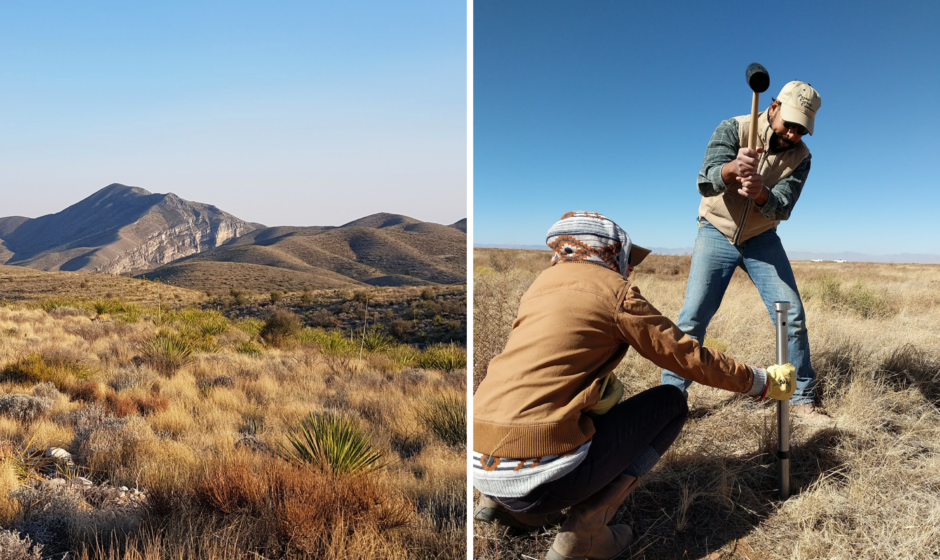A public benefit corporation called Cultivo has secured $14 million in first-round investment to restore 100 million hectares of land, which is over double the size of California. These projects aim to transform the land into living carbon capture sites, removing three gigatons of carbon dioxide from the atmosphere. Cultivo has also partnered with utilities firm Octopus Energy, which will contribute an additional $40 million towards rewilding parts of the United States.
The CEO and co-founder of Cultivo, Manuel Piñuela, expressed excitement about the growing market for nature-based projects and the appeal of high-quality, natural capital. As climate change becomes an urgent concern, both legislators and private companies are focusing on reducing emissions and rewilding natural land to remove carbon from the atmosphere. Rewilding projects have become appealing investments due to the high demand for carbon credits. These credits allow companies to offset their emissions through carbon capture projects.
Piñuela stated that the projects in the Cultivo pipeline will be spread across the globe, with 31 based in the U.S. However, he acknowledged that projects in the U.S. face challenges due to land degradation caused by erosion and unsustainable farming practices. The Midwest alone has lost 57.6 billion metric tons of topsoil in the last 160 years. Cultivo’s first project involved reforesting a blighted area in Florida that was previously used for growing citrus.
Piñuela emphasized the interest of American landowners in regenerating their natural habitats. Land is seen as an asset that appreciates in value, but many landowners currently view it as a distressed asset. They want to understand how to restore their land and make it bounce back.
Cultivo’s investment and partnerships demonstrate the growing commitment to combatting climate change and restoring ecosystems. These projects not only help reduce carbon emissions but also contribute to the preservation of biodiversity and the mitigation of water stress.




